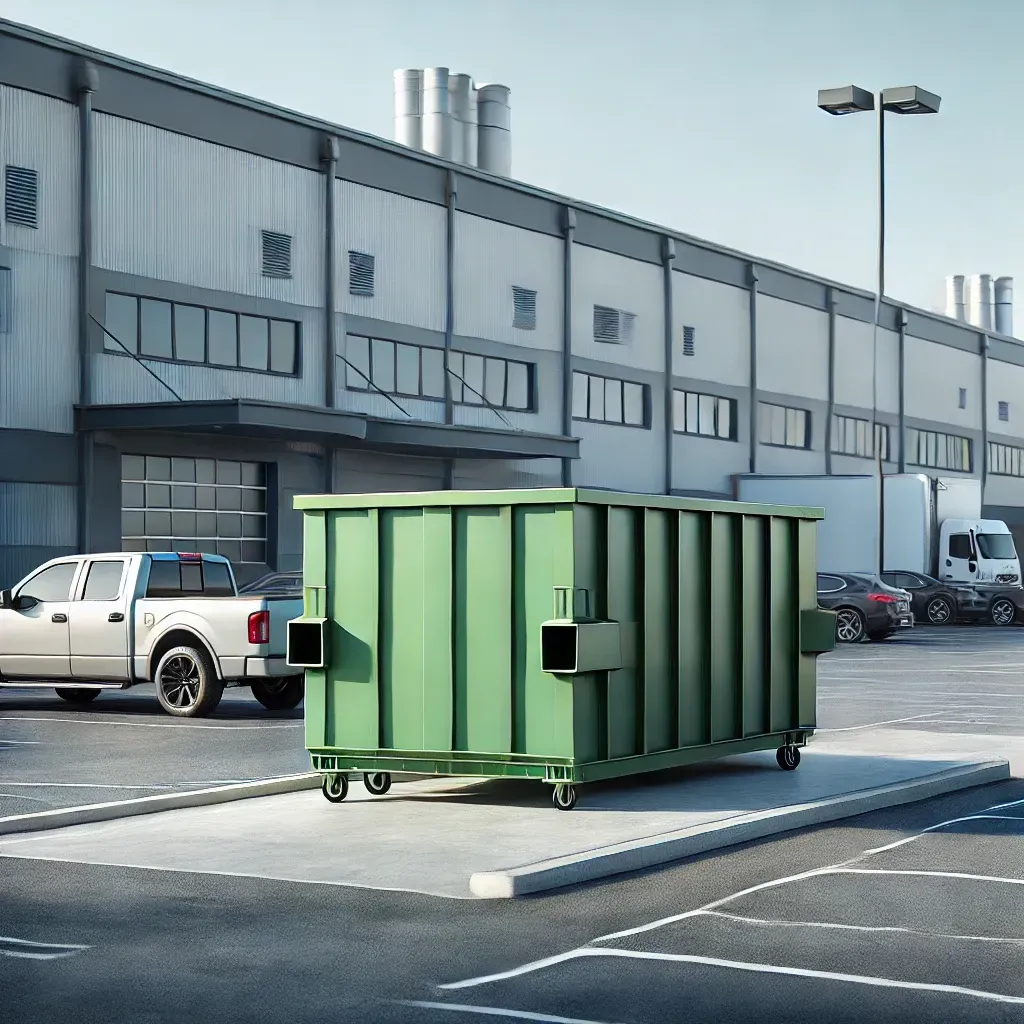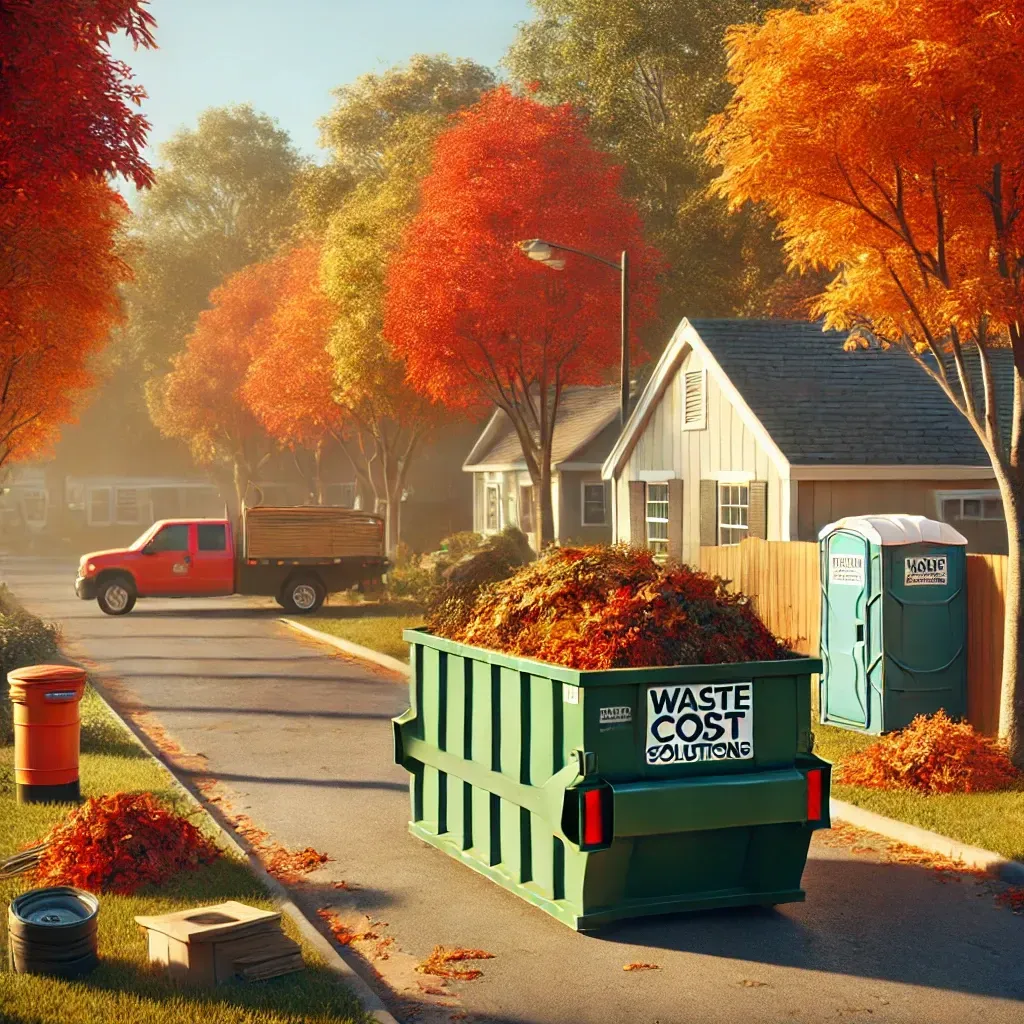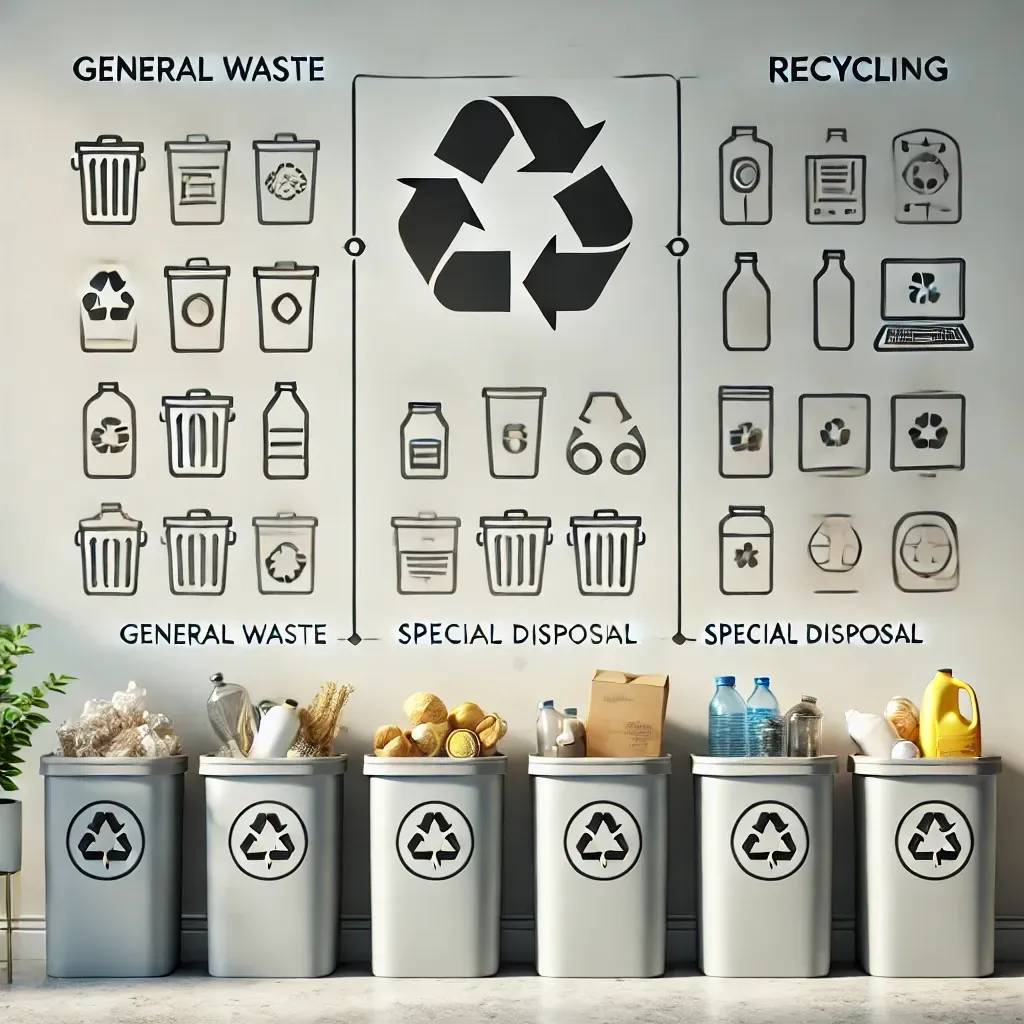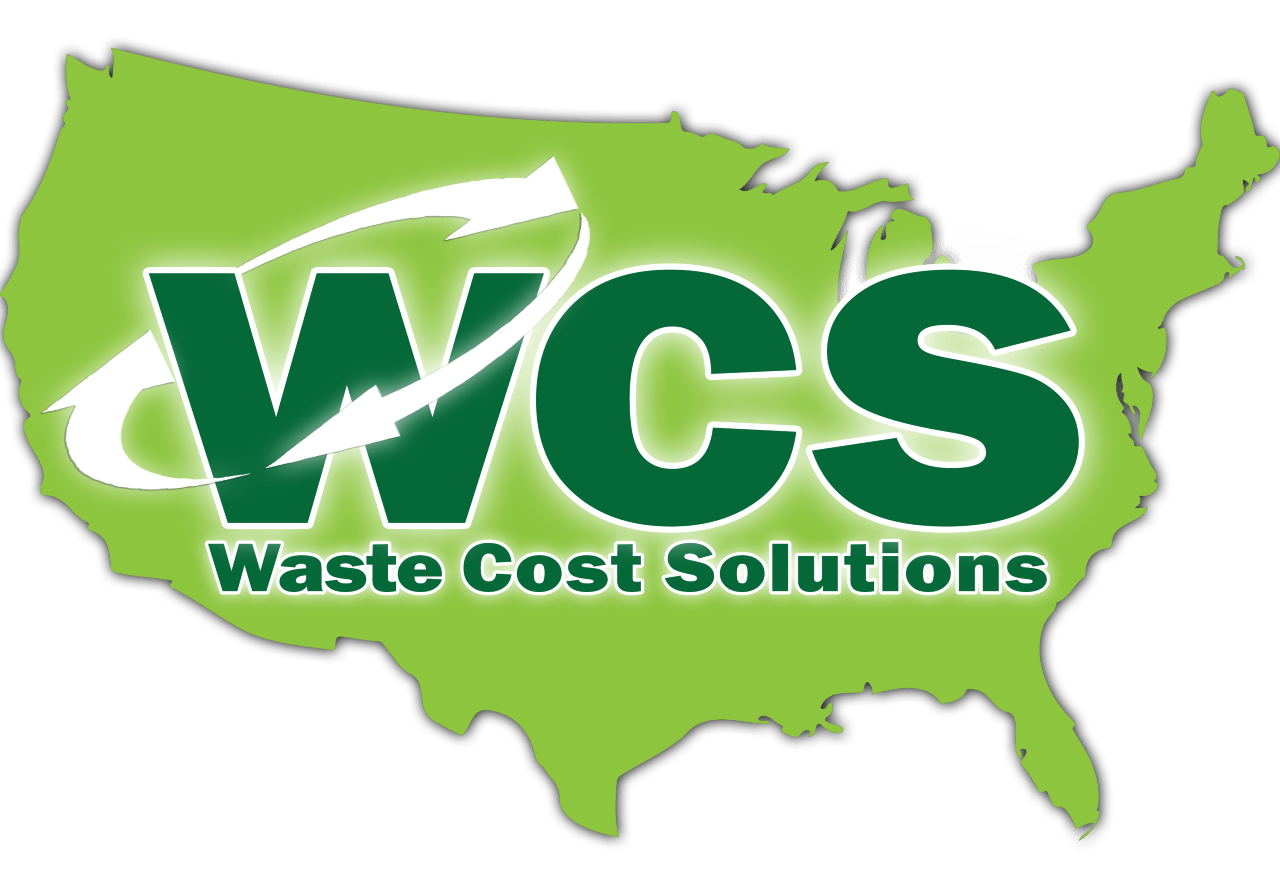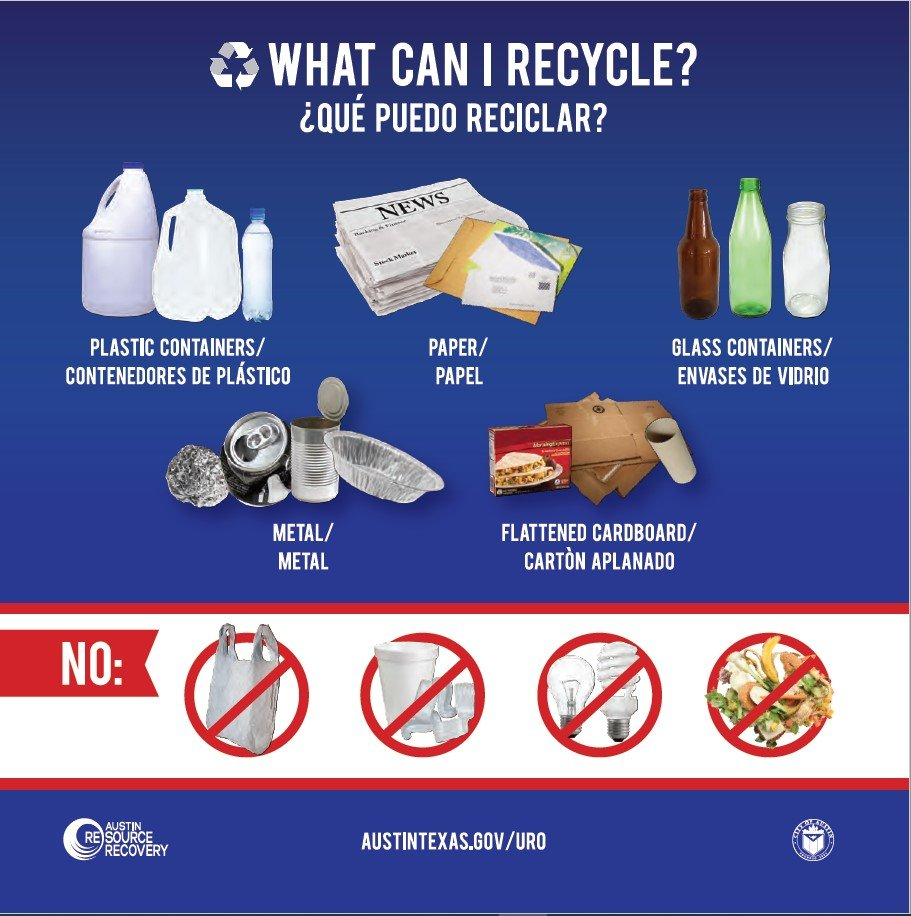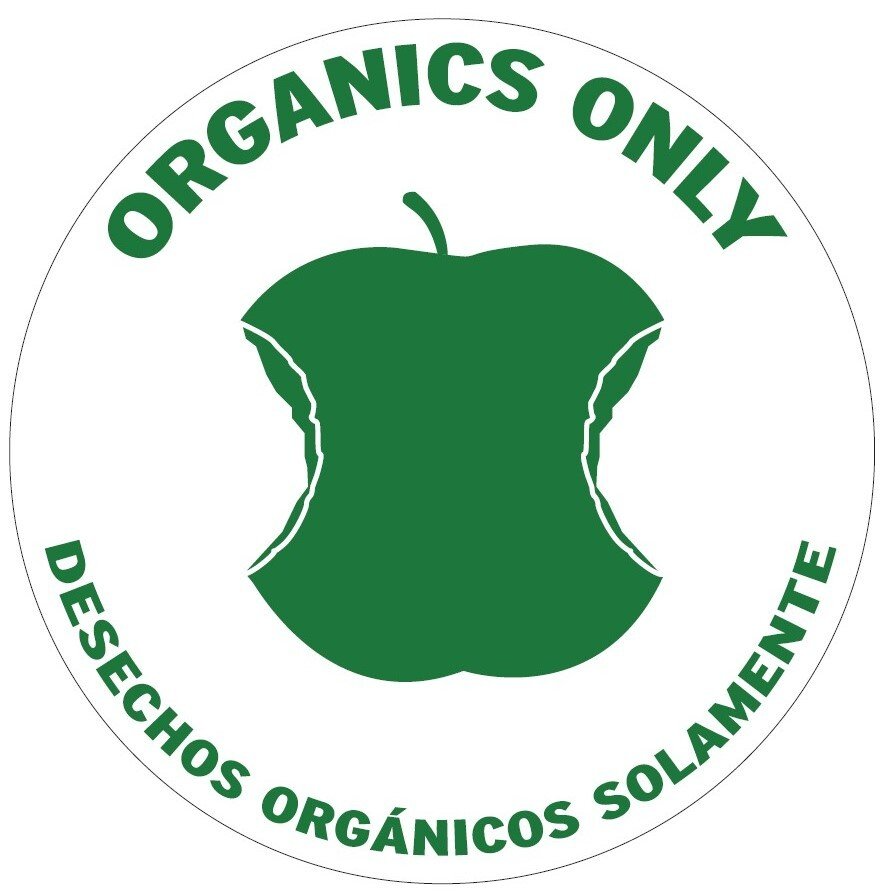Waste Cost Solutions Works With Austin, TX Restaurants To Stay Compliant With City’s Zero Waste Ordinance
Food waste continues to be a serious concern in the waste management industry, as numerous cities and states across the nation have passed ordinances in recent years to help eliminate the amount of food waste reaching landfills and ultimately reduce greenhouse gases as well. In late 2016, the city of Austin, Texas passed a “Zero Waste” ordinance, requiring restaurants in the community to have the same amount of OCC (Cardboard) recycling as they did MSW (trash) and that they both be housed within 10-feet of each other. The ordinance also required Austin area restaurants to separate out organics or food waste and have it collected. The number of pounds of organics that needed to be diverted from the MSW at a restaurant depended on the size of the establishment.
Austin area restaurants were also provided with an alternative, which was to comply in three different ways of diverting organic waste from a landfill. This included implementing procedures in the kitchen to prevent food from spoiling, including batch cooking, inventory control, knife and prep skills, as well as donating any unused edible items to a food bank at the end of each night. The third implementation to reduce food waste was geared towards the front of the house operations, specifically the serving staff, who were to be instructed on ways to reduce food waste, including offering smaller portions, writing down orders to avoid excess wasted food on the wrong orders, and to offer customers the opportunity to take home their unconsumed leftovers. In order to be compliant of this ordinance, every single employee at a restaurant had to be trained about what is an organic material within the first 30 days of employment and the entire staff had to be “reeducated” every six months on what organics are.
When we learned about the Zero Waste ordinance in Austin, we immediately reviewed the provisions with the Austin area restaurants involved. In addition to ensuring the outdoor enclosures were up to compliance standards, organic BOH containers were placed in each restaurant, where the most food waste would be produced. They were then emptied in organics totes and placed in the specified exterior enclosures. This made each of these sites compliant with the city ordinance, commented Adi Andrews, Escalations and Sales Specialist, Waste Cost Solutions.
Fortunately our Austin area restaurants were also in the practice of preventing food from spoiling, as well as donating unused food to a local area food bank. When we learned about the employee training requirement regarding organic waste, I implemented a training manual for the area restaurant managers to educate and reeducate the staff as required. The manual is also kept on file and logged with employee and management signatures to verify the education and re-education of the staff members on hand. In addition, we created signs in two languages that were posted in the back of the restaurants, as well as reporting compliance information annually to the city. The latter two items were also requirements of the ordinance.
“At Waste Cost Solutions we do whatever is needed to
assist our clients with a smooth transition into complying with local zoning ordinances. We stay on top of new city regulations and report to the municipalities what our individual clients are doing to become and stay in compliance,” commented Andrews.
Waste Cost Solutions is here to assist you with any waste management issue you may have, including compliance matters, waste and recycling issues or other facilities service solutions. Whether your establishment needs new exterior and interior painting, your roof needs repaired, or you’re looking to adhere to a local city ordinance, Waste Cost Solutions is here to assist you every step of the way. Contact us today at 800-509-5399 or email us at help@WasteCostSolutions.com
